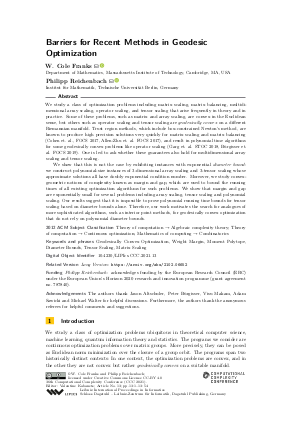LIPIcs.CCC.2021.13.pdf
- Filesize: 1.2 MB
- 54 pages

 Creative Commons Attribution 4.0 International license
Creative Commons Attribution 4.0 International license




























Feedback for Dagstuhl Publishing